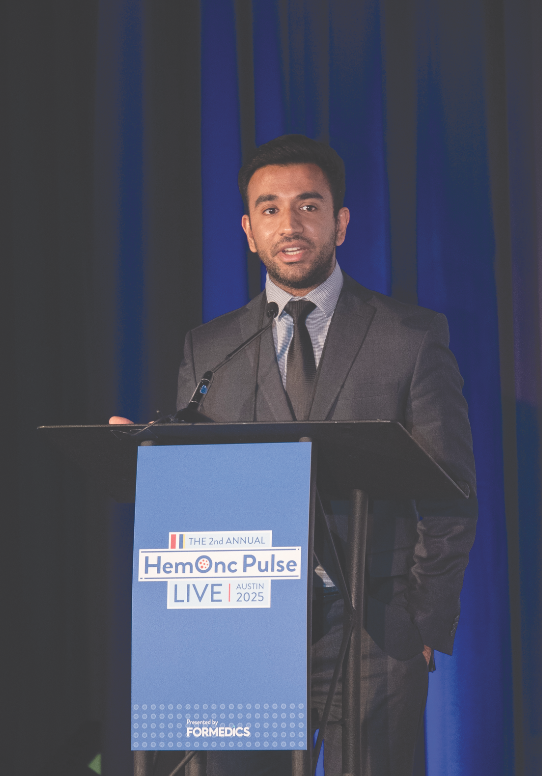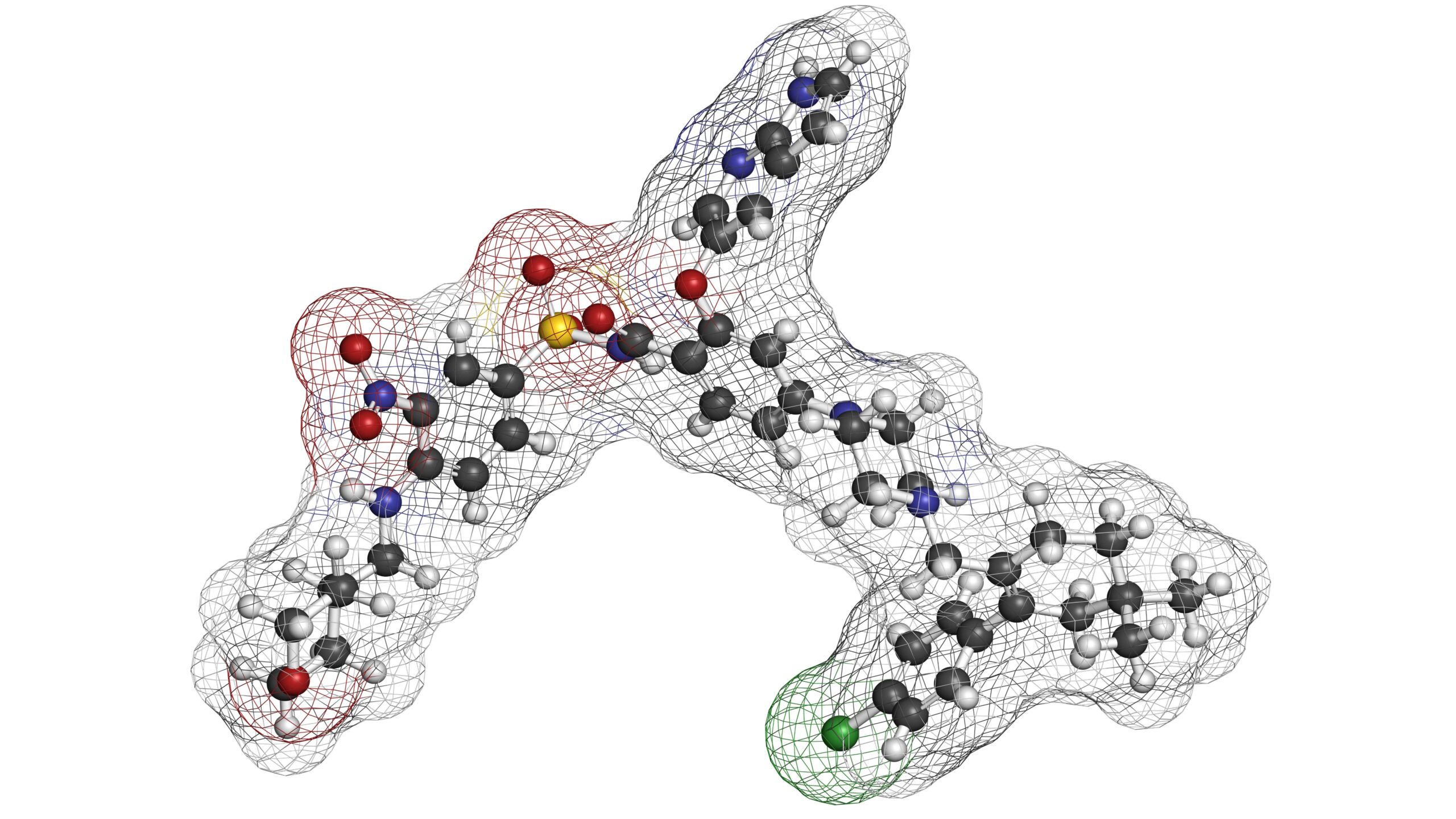
A phase Ib study “demonstrated the safety and tolerability” of gilteritinib as a part of induction and consolidation chemotherapy, and as single-agent maintenance for patients with newly diagnosed FLT3-mutated acute myeloid leukemia (AML).
Keith Pratz, MD, of the Abramson Cancer Center at the University of Pennsylvania and colleagues conducted the study and published their findings in the Journal of Clinical Oncology.
They conducted the study to evaluate the safety, tolerability, and efficacy of gilteritinib as part of intensive induction and consolidation chemotherapy regimen, and as maintenance therapy for adult patients with newly diagnosed, unfavorable-risk AML.
The study, which included 80 patients, was divided into a dose escalation and expansion portion, an investigation of alternate anthracycline and gilteritinib schedules, and a portion with continuous gilteritinib during consolidation.
Dr. Pratz and colleagues selected gilteritinib 120 mg once daily for further study after the dose escalation portion of the study. Of the 80 patients, 58 patients were available for evaluation of response at the 120-mg dose, including 36 patients with FLT3 mutations.
After a single induction cycle, the complete response (CR) rate was 83% in patients with FLT3 mutations, with a composite CR rate of 89%. The median overall survival was 46.1 months.
“Gilteritinib was well-tolerated in this context although the median time to count recovery during induction was approximately 40 days,” Dr. Pratz and colleagues wrote. “Longer time-to-count recovery was associated with higher trough levels of gilteritinib, which, in turn, were associated with azole use.”
Based on the results of the study, Dr. Pratz and colleagues recommended a regimen of gilteritinib 120 mg once daily from days four to 17 or eight to 21 of a 7 + 3 induction regimen with either idarubicin or daunorubicin and from day one continuously with high-dose cytarabine consolidation.
They noted that single-agent maintenance therapy with gilteritinib was “well-tolerated.”
“These results demonstrated the safety and tolerability of gilteritinib incorporated into an induction and consolidation chemotherapy regimen, and as single-agent maintenance therapy for patients with newly diagnosed FLT3-mutant AML,” Dr. Pratz and colleagues concluded. The data herein provide an important framework for the design of randomized trials comparing gilteritinib with other FLT3 inhibitors.”
Reference
Pratz KW, Cherry M, Altman JK, et al. Gilteritinib in combination with induction and consolidation chemotherapy and as maintenance therapy: a phase IB study in patients with newly diagnosed AML. J Clin Oncol. 2023. doi:10.1200/jco.22.02721






 © 2025 Mashup Media, LLC, a Formedics Property. All Rights Reserved.
© 2025 Mashup Media, LLC, a Formedics Property. All Rights Reserved.